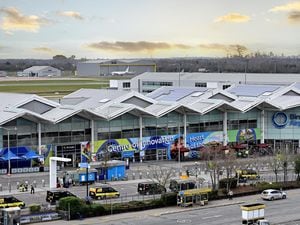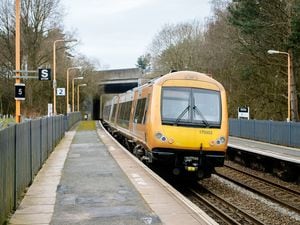More work needed by railway firms over timetable changes, watchdog says
More work is needed by railway firms to provide passengers "adequate" timetable information amid Covid-19, a watchdog has said.

Industry code states timetables should be confirmed 12 weeks in advance of service – allowing people to plan ahead and make decisions.
But timetables currently can't be confirmed as far ahead due to the impact of coronavirus – with some changes only being shown a few weeks in advance.
It has led to The Office of Rail and Road (ORR) urging Network Rail to get back on track with finalising timetables – with the progress set to be monitored.
But train operators – including West Midlands Railway, Avanti West Coast and Transport for Wales – have been urged to do more to make it clear service times may change.
Stephanie Tobyn, deputy director for consumers at ORR, said: "With changes to timetables and travel advice happening more often than usual, the current pandemic has amplified just how vital it is for passengers to have consistent information which helps them plan and make journeys with confidence.
"We know it is a challenging time for train operators but it remains as important as ever that operators are open with passengers about the difficulties faced.
"They need to update journey information frequently across all channels so that there is ‘one version of the truth’, and provide clear information about the availability of advance tickets."
ORR has called for clear warning messaged to be displayed on websites for people planning journeys – or buying tickets – ahead of the period where the timetable is set.
If train times change for a ticket a person has already bought, effort should be made to contact them and let them know a refund is available if the new time isn't acceptable.
The availability of advance tickets should be clear – information on when they are likely to be released and an alert setting for people to be informed when they do go on sale.
Jargon-free information should be consistently used across website journey planners, ticket outlets, apps and on National Rail Enquiries to make the process easy to understand.
And "extra effort" should be made to keep all passengers well-informed of the impacts of planned engineering work – especially if it affects peak time railway services.





